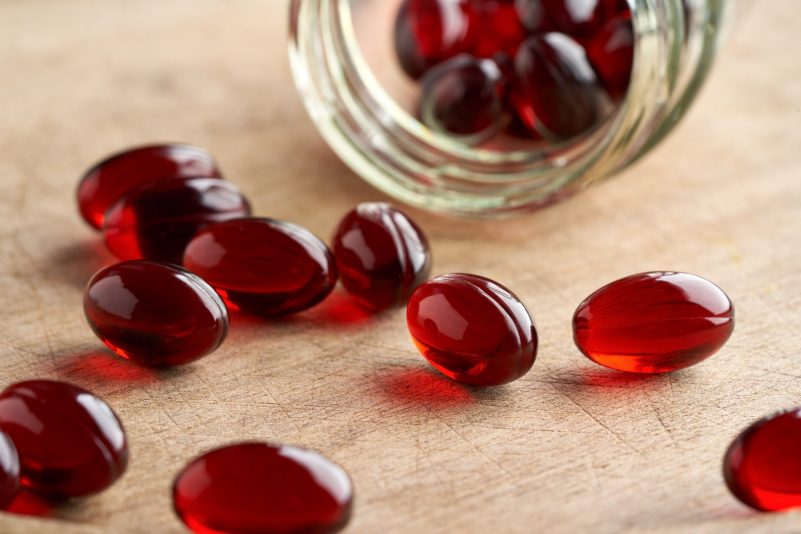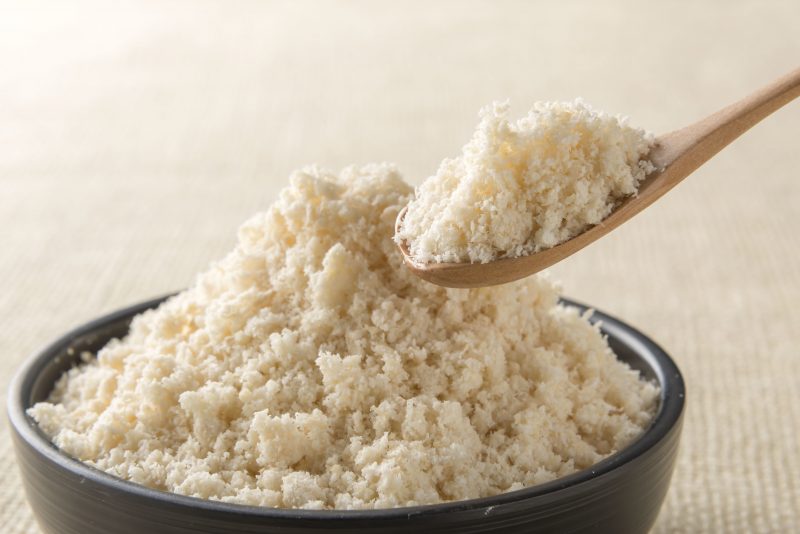You’ve heard of the many amazing health benefits of omega-3s. You’ve heard how it fights against inflammation and supports overall health. But, what if there was an omega-3 source that went far beyond all the others? What if it were better absorbed, more potent, and better protected through digestion? Keto Zone Living Krill Oil boasts all of these attributes.
Want to learn more?
Of course you do. Here’s why krill oil is the superior omega-3 source, why it’s vital to use it to reduce your omega-6 to omega-3 ratio, and how its fats and antioxidants work against inflammation to support great health through the body.
Why Krill Oil?
Krill is a superior source of omega-3 fats.
Why?
Like other omega-3 sources, supplementing with krill oil will raise your blood levels of healthy fats like DHA and EPA (1). When these increase in your blood, inflammatory markers decrease.
But here’s the key: what makes krill oil different is its superior absorption and natural antioxidants.
First, krill oil is optimally absorbed during digestion and quickly affects both blood and brain levels of omega-3 fats (2). Next, krill oil naturally contains a healthful antioxidant called astaxanthin. Astaxanthin serves to both protect the krill oil itself (improving digestion and absorption) and encourage reduced oxidative stress in the body (3).
Krill Oil, Omega-6, and Omega-3 Fats
Krill oil is a great option in improving your omega-6 to omega-3 dietary ratio.
Experts believe that a diet with a ratio of 2:1 omega-6s to omega-3s has historically been the healthiest. That is, you must consume 1 gram of omega-3 fats for every 2 grams of omega-6 consumed. Unfortunately, many modern chronic health conditions result from inflammation, and inflammation is associated with a high omega-6 to omega-3 ratio.
Realistically, a 2:1 ratio is all but impossible in modern times, and a ratio of 4:1 to 8:1 is a good goal (4). For context, most Americans’ ratio is between 12:1 to 25:1!
To improve your ratio, it’s imperative to both reduce the amount of omega-6s consumed AND increase omega-3s. This typically means eating fatty fish, like salmon, halibut, or tuna each week (5) and taking a strong omega-3 supplement with DHA and EPAs. Then, you must vastly reduce processed foods and oils with concentrated omega-6 fats, like soybean oil.
5 Specific Ways Krill Oil Fights Inflammation and Improves Your Ratio
Since krill oil is effective in improving blood levels of healthy fats, it stands to reason that it is effective against inflammation throughout the body. Here is a sample of studies showing its effects:
- Triglycerides and Heart Inflammation: If you want to support your heart health and inflammatory factors, krill oil can help. One meta-analysis looked at the effects of krill oil on circulating fats in the blood. The researchers found that krill oil supplementation was associated with significantly lowered triglyceride levels. In addition, it encouraged healthy changes in LDL cholesterol, HDL cholesterol, and total cholesterol (6).
- Digestive Inflammation & Health: In studies, it’s been found that krill oil supports reduced gut inflammation by regulating a broad spectrum of inflammatory signaling pathways. In addition, krill oil promotes a healthier gut environment by fighting microbes that damage mucosa, and reduces inflammation markers (7).
- Obesity Related Inflammation: Obesity negatively affects tissues and organs throughout the body. Inflammation is often elevated. Long-term krill oil supplementation has been shown to increase anti-inflammatory markers in the liver, support metabolism and fat breakdown, and improve tissue health and inflammation associated with obesity (8).
- Bone and Joint Inflammation: Joint pain and stiffness is a problem for many adults. There is increasing evidence that it is affected by dietary fat intake. Studies have investigated the effects of dietary fats, including dietary omega-6 to omega-3 ratios, on joint health in humans and animals. Results reveal that a better omega-3 to omega-6 ratio from krill oil can significantly improve the cartilage structure and reduce losses. Further, this diet change can reduce inflammatory markers. What’s more, krill oil has specifically been shown to be more effective than plant-derived omega-3s in these studies (9).
- Neuroinflammation: Most neurodegenerative conditions demonstrate on-going inflammatory processes. Krill oil and marine-derived omega-3s have been studied for anti-inflammatory effects both systemically and in the brain specifically. Krill oil has been reported to encourage spatial memory and learning, attenuate memory loss, protect the brain, reduce inflammation markers, and reduce depression symptoms. For more on krill oil and brain health, click here (10).
Bottom Line
It’s vital to health to reduce inflammatory markers, and one of the best ways to do so is to add krill oil as a daily supplement. Not only is it superiorly absorbed and used in the body, it supports whole body health by reducing inflammatory markers in the digestive system, brain, joints, liver and heart. Start your krill oil regimen today!

















